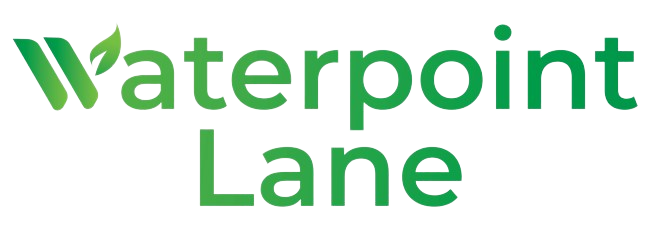Impact
Waterpoint Lane’s investment thesis focuses on B2B enterprises within the agrifoodtech ecosystem, actively driving sustainability objectives across the circular economy.
Energy Transition
Decarbonisation technology and services; asset digitisation; decentralized energy production and storage
Sustainable Agrifood Practices
Technology and services to support regenerative / sustainable agriculture; sustainable food production technology and services; food waste reduction technology and services
Water Use Reduction
Technology and services that support waste use reduction; Measuring and tracking technology; Technology and services that improve/optimise water quality
In addition to supporting the increasing sustainability of the agrifood sector, WPL supports companies innovating in the interdependencies of agrifood with energy transition and water.
Accordingly, WPL is focused on generating impact and our four initial impact focus areas are set out below.
Soil Health
Improvements in soil health as determined by total organic matter or another objective measure agreed with the company (including considering tonnes of carbo (sequestered)
Water Consumption / Reduction
Reduction in total water consumed and/or increased water retention of a system
Food Waste
Reduction in food lost or amount of food recovered throughout the supply chain
GHG emissions
Reduction in total GHG emissions as determined by tonnes of CO2 equivalent (Scope 1, 2 & 3 where possible).

